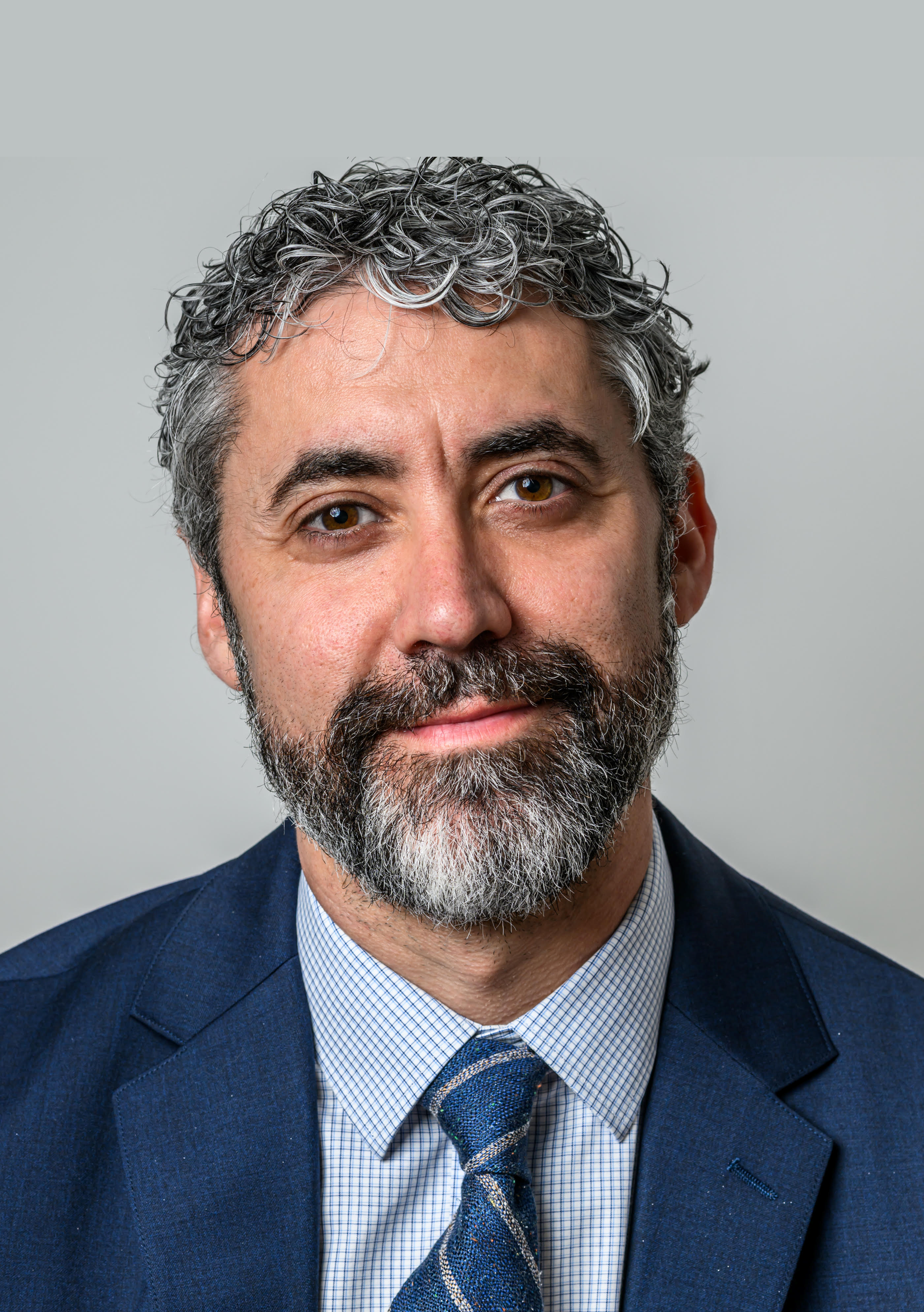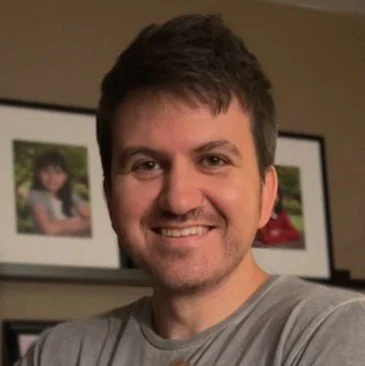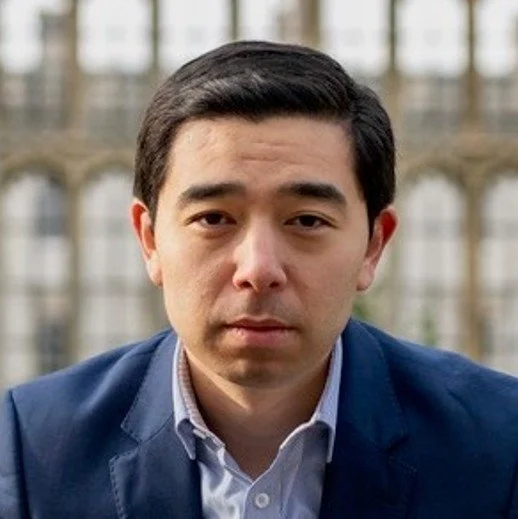Journal of the Open Therapy Institute
Frontiers in Mental Health
-

Issue 2 | September 2025
-

Issue 1 | February 2025
Contribute
Editorial Board
-

Andrew Hartz, PhD
CO-EDITOR IN CHIEF
Open Therapy Institute
-

Mitchell Landers, Ph.D.
CO-EDITOR IN CHIEF
UC San Diego
-

Val Thomas, DPsych, FHEA
Critical Therapy Antidote
-

Sally Satel, MD
Yale University
-

Richard J. McNally, PhD
Harvard University
-

Rob Henderson, Ph.D.
Manhattan Institute
-

Lawrence Amsel, MD, MPH
Columbia University
-

Michael Strambler, PhD
Yale University
-

Omar Sultan Haque, MD, PhD
Harvard University
-

Joshua Aronson, PhD
New York University
-

Pamela Paresky, PhD
Harvard University
-

Dean McKay, PhD
Fordham University
-

Richard Redding, JD, PhD
Chapman University
-

Nafees Alam, PhD
University of Nebraska
-

Neil Kressel, PhD
William Paterson University
Topics of Interest for Upcoming Issues of Frontiers in Mental Health
We’re looking specifically for prospective authors to write on the topics below.
(1) The Importance of Group Therapy for Ideologically Marginalized People
What unique value does group therapy offer for people with stigmatized views? Which populations could benefit the most: conservatives in left-leaning spaces like universities, Zionists in anti-Israel institutions, spouses of men who transition mid-marriage, or men falsely accused of sexual assault? What are the clinical and logistical challenges of launching and sustaining these groups?
(2) Failure to Launch in Young Men: An Overview
Why is this phenomenon particularly affecting young men? What societal and familial factors may be exacerbating the trend? What family-based or individual interventions can therapists use to address this problem?
(3) Anti-White Racial Bullying of Children: What Therapists Need to Know
How prevalent is this issue? What are some compelling case examples? What common psychological experiences emerge from chronic invalidation, dissociation, reaction formation, rage, internalization, and other defense mechanisms? How can therapists support these children/adolescents effectively?
(4) Family Members of People Who Transition Genders
What are the experiences of spouses, siblings, children, and parents when a family member transitions? What unique challenges arise related to political and religious values, as well as interpersonal relationships? How can therapists best support these populations? Case examples from colleagues, private practice, or media reports could help illustrate these dynamics.
(5) Cancelled: Therapy With People Who Have Lost Careers Due to Cancel Culture
What are the various reasons people experience cancellation—ranging from sexual misconduct allegations to controversial jokes, inadvertent comments, or political views? What are common emotional and psychological responses, such as the impulse to apologize even when one believes they did nothing wrong, as well as: isolation, shame, and self-doubt? How might people in this group be driven to react in counterproductive ways, like anger, withdrawal, or substance use? How can therapists help clients navigate practical concerns (career loss, advocacy, loneliness) and emotional responses (depression, anger, anxiety, dissociation)?
(6) Gay Men and Lesbians Who Feel at Odds With LGBTQ+ Culture
How do gay men and lesbians with heterodox views experience alienation from their communities? What challenges arise concerning faith, politics, transgenderism, sexual behavior, relationships, and broader values? What do therapists need to know about perspectives that may be overlooked by the political leadership of the “LGBTQ+ community”?
(7) Anti-Christian Bigotry, Bias, and Aggression in 2025
How does the broader culture demonize Christianity in particular, and how does this marginalization impact Christians? From views on sex and gender to interpretations of the Bible and social issues, where do Christians feel pressured to self-censor or “code switch,” even in therapy? What do therapists need to understand to support Christian clients who feel attacked or isolated?
(8) Queering the Therapeutic Space: Responding to an Ideology
What is the new movement toward “queering” therapy, attempts to “dismantle gender,” or the demonization of “cis-heteronormativity”? How do supporters rationalize this philosophy, and how widespread is it? How might it run counter to patient-centered ideals or be damaging to patients (from couples and individual treatment to inpatient care)? How should the field respond?
(9) Transitioning on the Inpatient Unit
How common is transgender identification among patients with severe mental illnesses such as schizophrenia? What might the affirming care model mistreat patients experiencing delusions, hallucinations, or manic episodes while considering transition?
(10) Pornography and Its Discontents
How might pornography be the “elephant in the room” in both individual and couples therapy? Do therapists adequately explore its impact on clients’ lives? How does pornography influence relationships, well-being, and mental health—whether through exposure to disturbing behavior, addiction, interpersonal withdrawal, or other experiences? What do therapists need to know about this neglected topic?
(11) DEI Discrimination and Its Impact
How do people respond when they have good reason to believe that DEI policies have prevented them from obtaining a job or promotion? What are the psychological and emotional consequences? How can therapists help clients process these experiences, respond productively, and navigate their professional lives amidst a discriminatory climate?
(12) What Causes Censorship Culture?
Often, just one highly visible “cancellation” of an individual for their views can have a broad impact on an institution’s culture. Censorship cultures can also be fostered by vague rules about speech, modeling narrow views in official communications, and more subtle dynamics that thwart dialogue, such as isolating and stigmatizing people who disagree even minimally with established narratives. What beliefs and practices lead cultures or institutions to foster censorship? Are there specific remedies that could reverse this trend in institutions that want to move toward open inquiry, dialectical thinking, and dialogue?
(13) How Patients Use Social Justice Language to Block Therapeutic Processes
Many patients, even those with extensive trauma histories, invalidate their concerns using terms like “first world problems” and “privilege” or self-consciously describe their demographics (like being white, male, or heterosexual). This self-invalidation could potentially contribute to symptoms as it blocks important processes like proper grieving, reflection, and emotion expression. It could also be used defensively in treatment to avoid distressing topics. But challenges to this framing, if handled poorly, could descend into political arguments. How might social justice terminology be adversely impacting patients and how should therapists respond?
(14) Restoring Trust in Mental Health Care
Trust in therapy and the mental health profession broadly has greatly suffered as the field has become more politicized. How can the field repair relationships with people who’ve had bad care or lost confidence in mental health treatment? How can therapists best serve patients who could benefit from therapy but have become increasingly mistrustful?
(15) University Antisemitism in Context
DEI ideologies tend to divide people into unprotected groups (i.e., “privileged oppressors”) and protected groups (often seen as idealized victims). It’s in this context that antisemitism has exploded on college campuses and in other spaces that Jews historically saw as supportive of them. How has this shift impacted Jews in particular (especially after 10/7), and what does it suggest about the most effective responses to campus antisemitism in 2025?
(16) Evidence-Based Interventions for People of Faith
Instead of avoiding religious discussions, how can therapists who are not faith-based counselors integrate a patient’s religious beliefs as a resource for mental health improvement? What are practical strategies for doing so? What are the potential pitfalls, and how can therapists engage with faith-based issues in a way that is attuned, empathetic, and patient-centered?